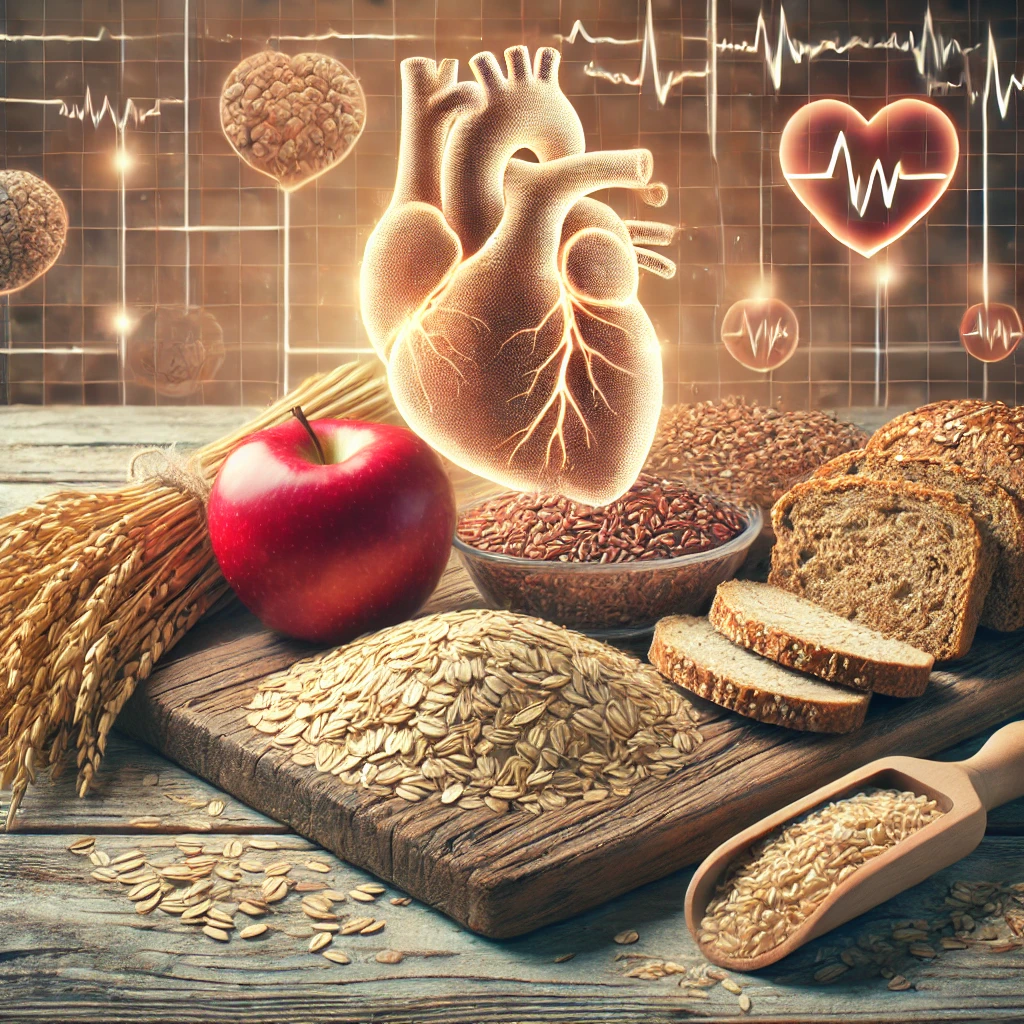Do Whole Grains Protect Against Carotid Atherosclerosis?
Can Whole-Grain Consumption Reduce the Risk of Carotid Atherosclerosis? A Synopsis of the Literature Whole grains have been well appreciated for their health benefits.Whole grains are rich in fiber, vitamins, and minerals. They are linked to lower rates of chronic diseases like heart disease and diabetes. But do whole grains protect against carotid atherosclerosis (CA)? CA involves plaque buildup in the carotid arteries, raising stroke risk. A new research study was conducted recently in order to answer this question, exploring the relationship between whole-grain intake and CA within a general adult population. Here’s what they found out and why it matters. The Study at a Glance This prospective cohort study consisted of 2,166 adults from China who were 19 to 84 years old. Individuals had no prior CA, cardiovascular disease, or cancer at the baseline. Researchers followed up with participants for a median of 4.2 years and assessed CA development by the presence of two putative markers: Dietary habits, including whole-grain intake, were evaluated through a validated food frequency questionnaire. Individuals were categorized into groups by the frequency they had whole-grain consumption, such as less than once a week and at least once a day. Important Findings Researchers followed 538 new cases of CA in 5,585 person-years and obtained no strong association between whole-grain intake and the development of CA. Let’s break down the results: Hazard Ratios (HRs) for CA development, adjusted for lifestyle and dietary factors: Less than 1 time/week (reference category): HR 1.00 1 time/week: HR 1.10 (95% CI: 0.85–1.43) These results persisted in subgroup analyses and sensitivity analyses. Click here For Read More What Do These Results Mean? The results may be surprising at first sight. Whole grains are more or less synonymous with cardiovascular health, so why didn’t they protect against CA? The Bigger Picture: Why This Study Matters While it did not establish a direct CA association with whole-grain consumption, this study is a crucial step toward understanding the role of diet in cardiovascular health. Specifically, it brings out that one needs more data in populations with higher consumption of whole grains and that disease risk studies must also take into account the overall dietary patterns and lifestyle factors. Should You Still Eat Whole Grains? Absolutely! Whole grains like oats, quinoa, brown rice, and whole wheat are rich in nutrients that benefit overall health, even if their impact on CA specifically isn’t clear. They can: What’s Next for Research? The authors of the study highlight the need for larger, long-term cohort studies and randomized controlled trials to confirm these findings. Future research should also explore whether specific types of whole grains or dietary patterns offer greater protection against CA. More Details Visit Here Takeaway Whole grains remain one of the pillars of a healthy diet, even though their direct role in preventing carotid atherosclerosis remains unproven. Adding more whole grains to your meal plan is still a good choice for your heart and overall health. Stay tuned as science continues to unravel the fascinating links between diet and health. For now, keep those whole grains on your plate-they’re doing you more good than harm!

